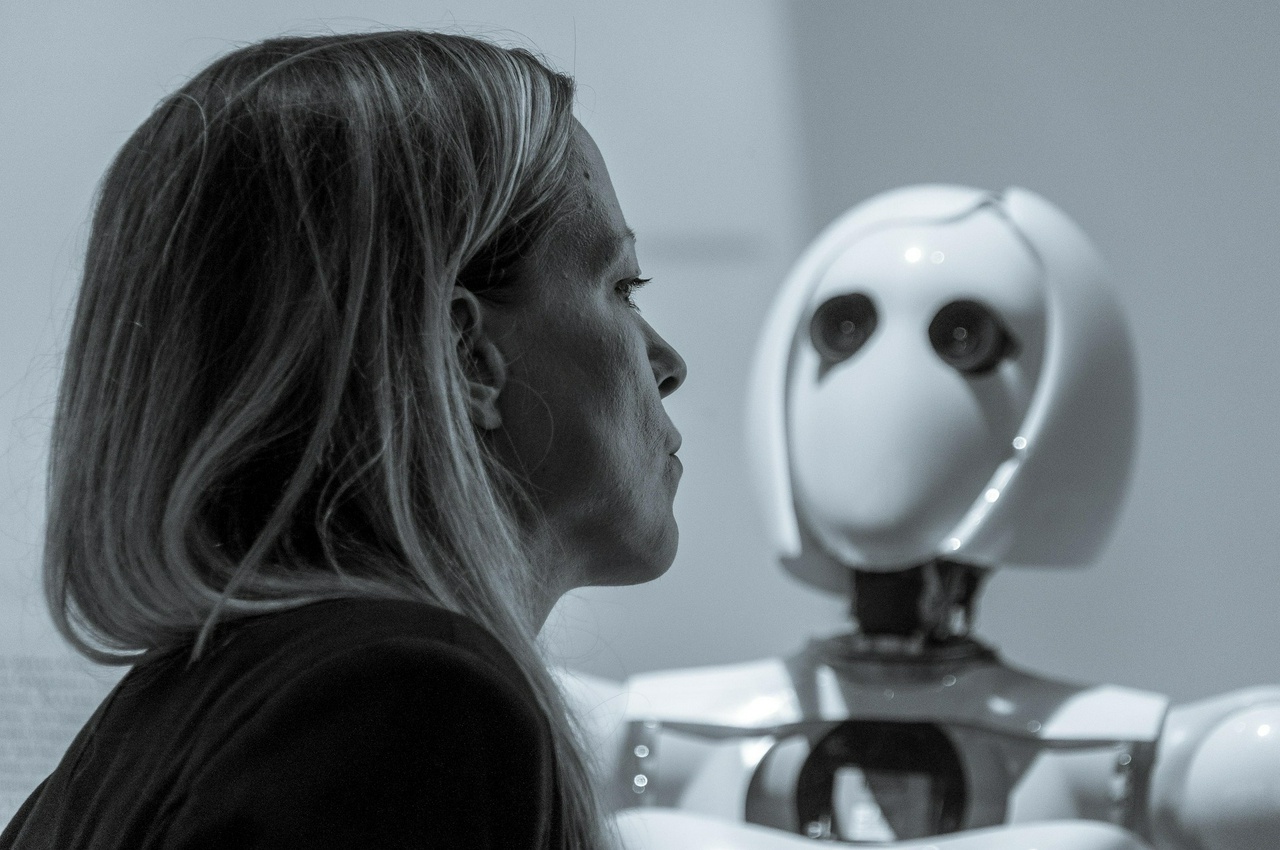Software craftmanship and the rise of vibe coding
Vibe coding. Generating software based on ideas, rather than coding by hand. The first time I heard the term, I wasn’t a fan. Over the past years, ‘vibe’ has been Gen Z meets late Millennial online slang for a mood, a feeling, something that you sense but can’t quite describe. The way you meet someone and instantly know: their vibes are off. How you’re just relaxed at a social gathering without feeling pressured to engage: I’m just vibing. The term being used for something AI-related seemed to signify the beginning of its end. But as it turns out, vibing as slang is as tenacious as AI; so maybe the two go together after all.
 (image: a white feminine person with light hair and a white shirt relaxing in an office chair, with headphones on, eyes closed, surrounded by documents and a laptop — representing being relaxed and ‘vibing’ at work)
(image: a white feminine person with light hair and a white shirt relaxing in an office chair, with headphones on, eyes closed, surrounded by documents and a laptop — representing being relaxed and ‘vibing’ at work)
For the past weeks I’ve been trying out vibe coding using Cursor and I quickly found out that vibe coding is actually really fun! You prompt, and it codes, at lightning fast speeds. Code just flew down my screen, hundreds of lines in mere seconds, and I had something working within a fraction of the time it would have taken me to code by hand. I recently released a CLI tool I made with it. But did I make it, really? Honestly, it went so fast and it worked so easily that I didn’t feel very motivated to review any of the changes.
This is, of course, by the standards of most developers, an absolutely terrible idea.

